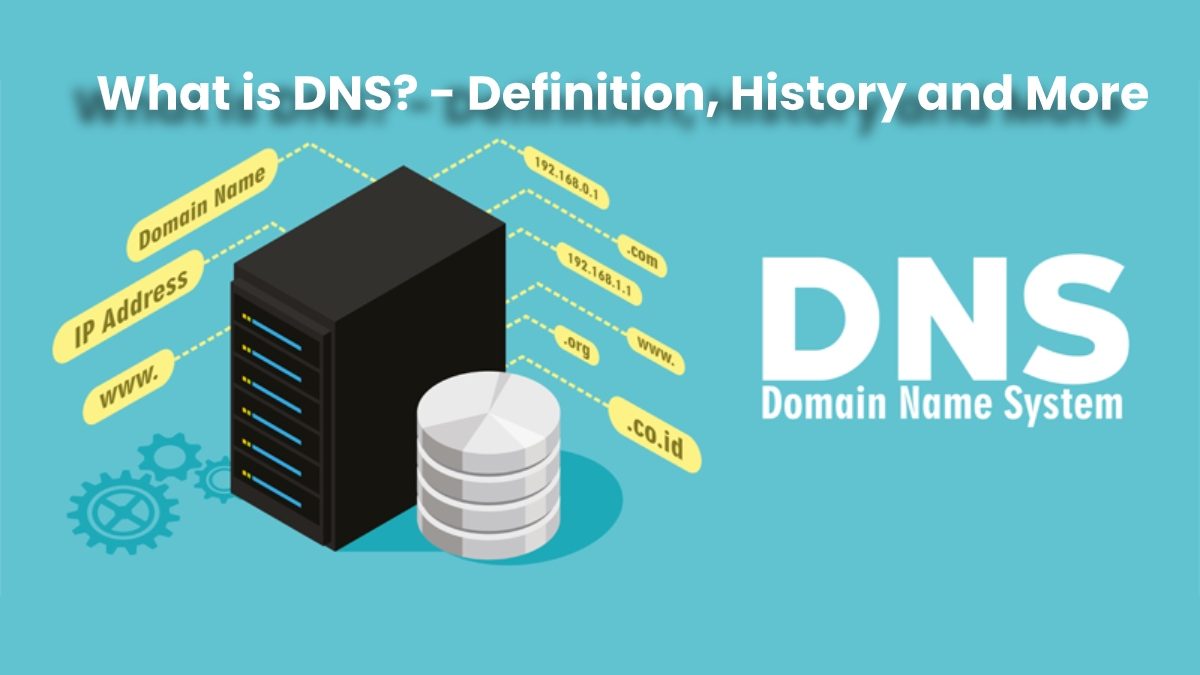Table of Contents
DNS Definition
DNS (Domain Name System) is a hierarchical nomenclature system that deals with domain name space management. Its primary task is to resolve the naming requests.
The explanation of this function can be by comparison with a telephone information service that has current contact data and provides them when someone requests them.
To do this, the domain name system uses a global network of DNS servers, which subdivide the namespace into areas managed independently of each other. This allows the decentralized management of domain information.
Each time a user registers a domain, it creates a WHOIS entry in the corresponding registry. And it is stored in the DNS as a resource record. The database of a DNS server thus becomes the compilation of all records in the area of the domain namespace that it manages.
Also Read: What is Hijacking? – Definition, Browser hijacking and More
History
The creation of the domain name system (DNS) in 1983 replaced the previous resolution procedure, very prone to errors, and based on a local host file.
- This hosts.txt file can still be found today on UNIX-based systems in the etc / directory and, on Windows computers, in % SystemRoot% \system32\drivers\, etc.
- The hosts.txt file required manual maintenance and regular update. An effort that, as the Internet grew exponentially, was no longer possible.
- Today, the use of this file is exclusively for the classification of IP addresses in local networks.
- It also allows you to block web servers by automatically diverting your address to the localhost.
What is a DNS server?
A DNS server (name server) consists of server software that uses a DNS database to respond to requests that relate to the domain namespace.
As, as a rule, they host on dedicated hosts, they have also named the computers that host these programs. There is a distinction made usually between primary and secondary [DNS servers] :
Primary or master server:
A primary DNS server is called when it saves information about a specific area of the domain namespace in its own database.
Secondary or slave server:
when the information of a name server does not come from the own zone files. But is second-hand or third-party, this server becomes secondary or slave for this information.
DNS error notification
Sometimes the ” DNS server does not respond ” it receives error notification when there are connection problems. This happens when the Internet connection does not work, and it is not possible to access a web page.
Also Read: What is Security as a Service (SaaS)? – Definition, Rights, and More

